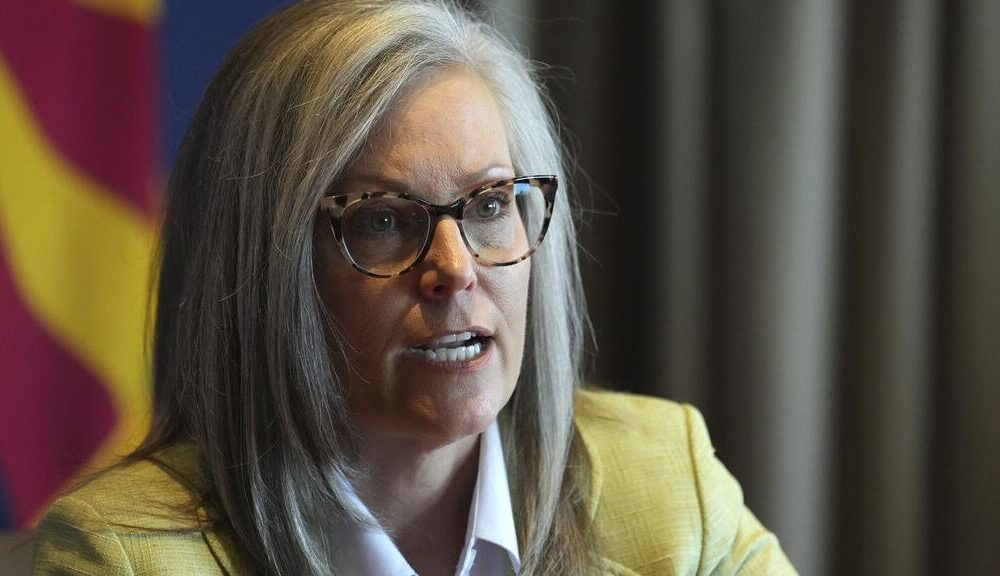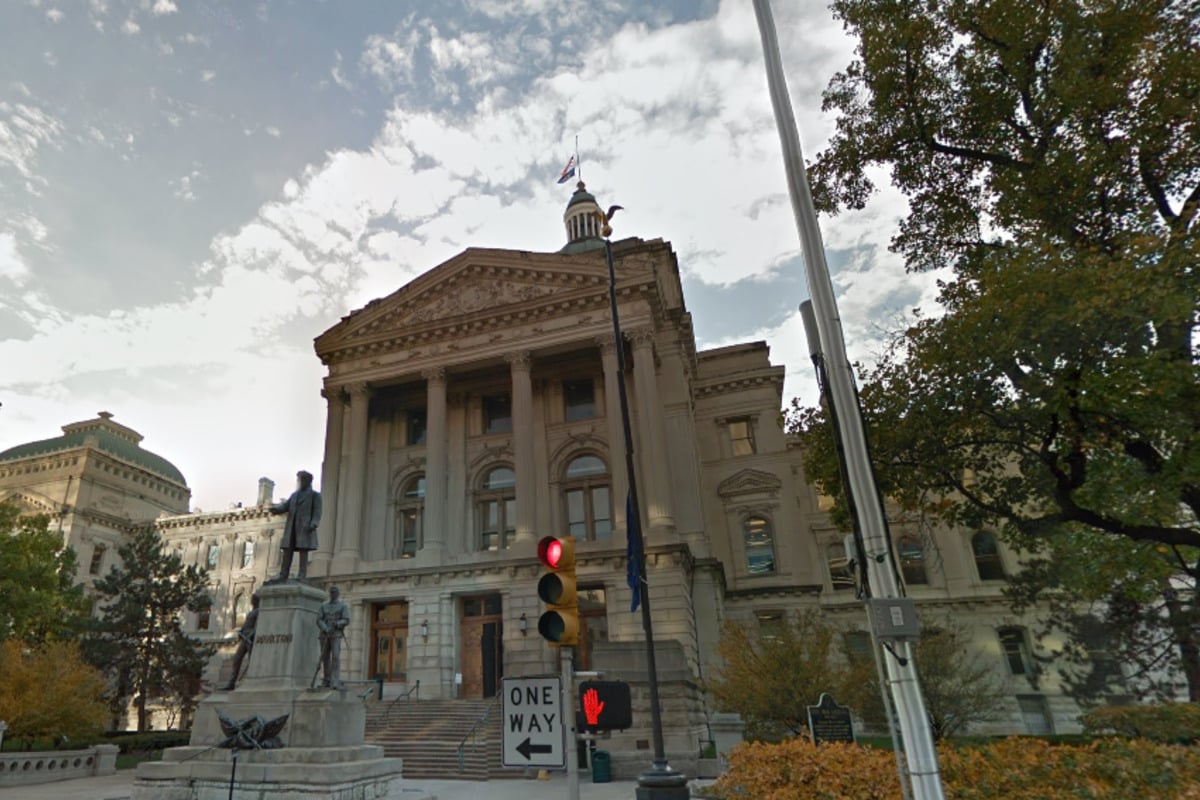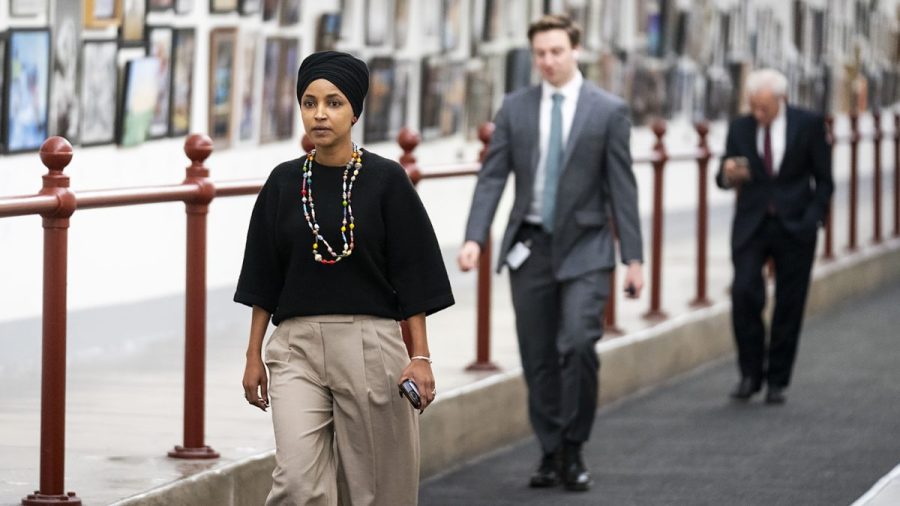UPDATE: Arizona Governor Katie Hobbs has declared the proposed compact from President Donald Trump for the University of Arizona (UA) a “bad deal.” This announcement comes as the White House demands feedback on the controversial agreement by Monday, October 23.
In a statement, Hobbs criticized the compact, which includes stipulations that could reshape university admissions and governance, raising concerns about academic freedom. “I think we are very much bordering on censorship,” she said in an interview with Capitol Media Services. The urgency is palpable as the UA and other institutions weigh the implications of accepting or rejecting the terms presented.
The compact, sent to UA and eight other schools on October 1, outlines several requirements, including a mandate for all undergraduate applicants to submit standardized test scores, such as the SAT or ACT, which the UA does not currently require for admissions. Additionally, the compact calls for a freeze on tuition for five years and a cap limiting international students to 15% of the undergraduate population, with no more than 5% from a single country.
As of now, five universities, including the University of Virginia and Penn, have already rejected the compact. Hobbs expressed concerns over the high stakes involved, stating, “The consequences of politicizing all of that is that it’s just not been about funding.” She emphasized that the compact offers no guarantee of federal funding, while non-compliance could result in significant financial penalties.
The compact’s provisions also include requirements for universities to ensure “institutional neutrality,” limiting faculty engagement in societal and political discourse. “This is an authoritarian-inclined administration, and this is their attempt to force it into academia,” said Rex Scott, chair of the Pima County Board of Supervisors, which voted to oppose the compact.
The financial implications are enormous, as the UA estimates that federal dollars play a critical role in supporting its budget. The university could risk approximately $500 million in federal funding if found in violation of any compact terms.
The pressure is mounting for UA President Suresh Garimella as faculty and student groups voice their opposition. A letter signed by about 80 top professors urges Garimella to reject the compact, citing fears that it could undermine the university’s independence and integrity.
With the deadline for a decision approaching, the Arizona Board of Regents met behind closed doors to discuss the compact, but no immediate action was taken. Hobbs, a voting member of the board, chose not to attend, indicating her reluctance to influence the proceedings directly.
As the clock ticks down to the November 21 deadline, stakeholders within and outside the university are rallying against the compact, calling it a threat to the academic mission and freedom of the UA. The situation remains fluid, with significant consequences for the university’s future and its ability to secure essential funding for education and research.
Stay tuned as this story develops, and follow local news sources for the latest updates on this critical issue affecting higher education in Arizona.






